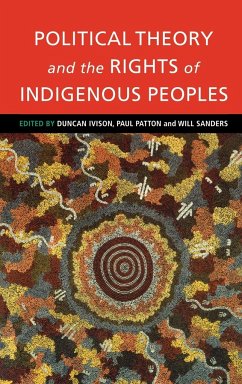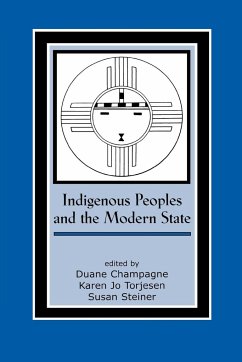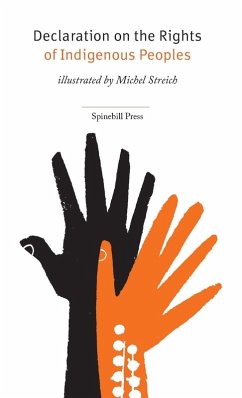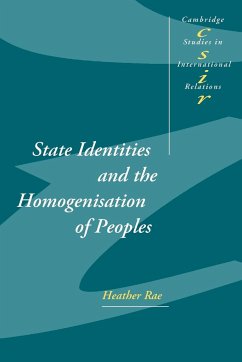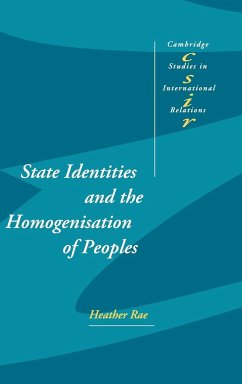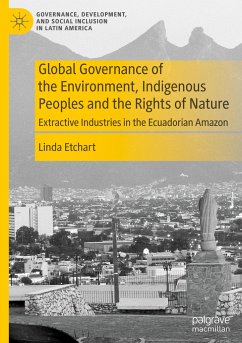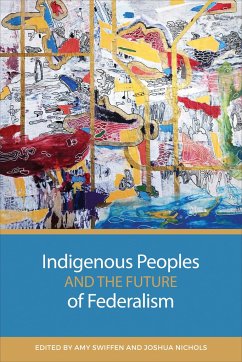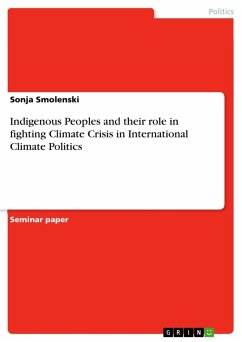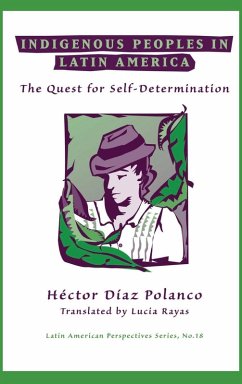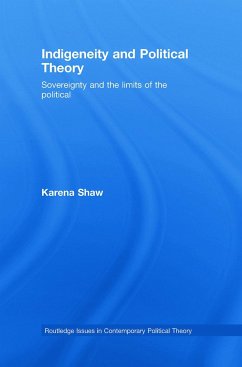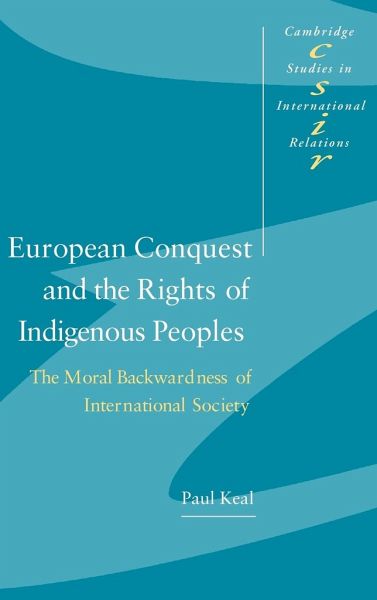
European Conquest and the Rights of Indigenous Peoples
The Moral Backwardness of International Society
Herausgeber: Smith, Steve; Biersteker, Thomas J.
Versandkostenfrei!
Versandfertig in 1-2 Wochen
105,99 €
inkl. MwSt.
Weitere Ausgaben:

PAYBACK Punkte
53 °P sammeln!
Paul Keal examines the historical role of international law and political theory in justifying the dispossession of indigenous peoples as part of the expansion of international society. He argues that, paradoxically, law and political theory can now underpin the recovery of indigenous rights. At the heart of contemporary struggles is the core right of self-determination, and Keal argues for recognition of indigenous peoples as 'peoples' with the right of self-determination in constitutional and international law, and for adoption of the Draft Declaration on the Rights of Indigenous Peoples by ...
Paul Keal examines the historical role of international law and political theory in justifying the dispossession of indigenous peoples as part of the expansion of international society. He argues that, paradoxically, law and political theory can now underpin the recovery of indigenous rights. At the heart of contemporary struggles is the core right of self-determination, and Keal argues for recognition of indigenous peoples as 'peoples' with the right of self-determination in constitutional and international law, and for adoption of the Draft Declaration on the Rights of Indigenous Peoples by the General Assembly. He asks whether the theory of international society can accommodate indigenous peoples and considers the political arrangements needed for states to satisfy indigenous claims. The book also questions the moral legitimacy of international society and examines notions of collective guilt and responsibility.





